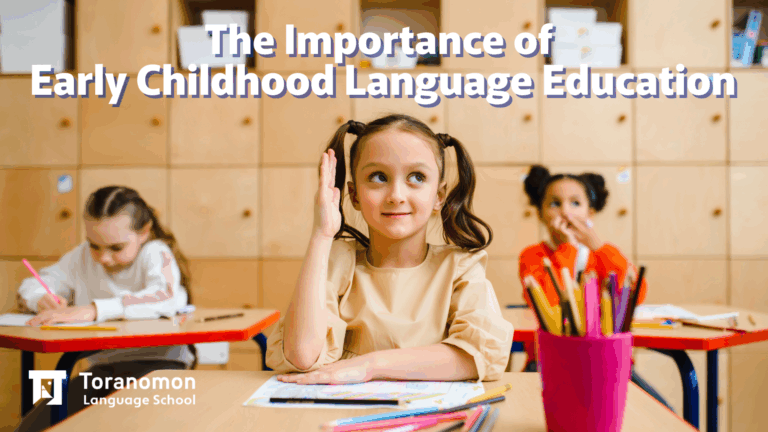Early childhood is a critical period for language development, often referred to as the “language acquisition window.” Between the ages of 0–6, children’s brains are exceptionally receptive to learning words, sounds, and communication patterns. A rich linguistic environment during this time strengthens cognitive abilities, social skills, and future academic success. Studies have shown that early language exposure enhances memory, problem-solving skills, and emotional intelligence, laying a strong foundation for lifelong learning.

Long-Term Benefits of Early Language Exposure
Children with strong early language skills tend to have higher self-esteem, better emotional regulation, and stronger relationships. Conversely, delays in language development can lead to challenges in school and social settings. However, forced memorization or excessive screen time can hinder progress. The key is to keep it joyful and interactive—whether through storytelling, play, or simple daily chats. By fostering a love for words early on, we equip children with tools to express themselves, understand others, and thrive in an increasingly communication-driven world.

Simple Ways to Support Language Development at Home
Parents and caregivers play a vital role in nurturing language skills through everyday interactions. Reading aloud, singing songs, and engaging in back-and-forth conversations help expand vocabulary naturally. Instead of correcting mistakes directly, model proper speech by repeating phrases correctly. Connecting words to real-life experiences—like describing textures at the park or naming ingredients while cooking—makes learning more meaningful.
At Transomon Language School, we’re offering a Summer Program for Kids & Parents! While kids enjoy themselves, adults can join our dynamic Speak Up and intensive group courses! Boost you and your child’s Japanese skills and build a brighter future🌟

